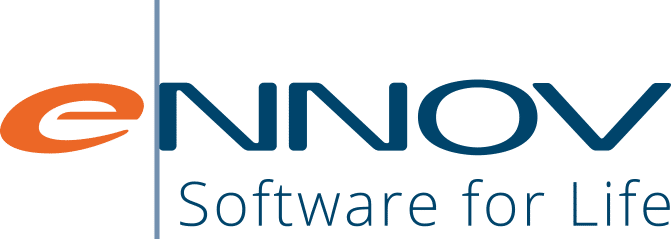Asphalion, a Scientific and Regulatory Affairs consultancy, hosts a weekly “RegTalk RIMS series”, one-to-one talks carried out by RIMS experts, aimed at informing about the latest news in the RIMS and Regulatory Affairs landscape. This RegTalks interview by Lidia Canovas, General Manager at Asphalion and Steve Clark, Senior Business Consultant at Ennov, will provide you with an overview about their expertise in RIMS.
Steve has over 25 years of experience serving in various senior Regulatory Affairs and Regulatory Operations roles for companies including Gilead, Amgen, Merck, Baxter and Parexel. He is responsible for the implementation of Ennov Regulatory systems and assisting the development of the Ennov Regulatory product suite.
View the entire video on the Asphalion website or on YouTube.
How important do you think having an implementation partner is?
Steve Clark: A world class implementation partner such as Asphalion is supremely important. Implementation of a RIM system requires a number of fields of expertise and although many software vendors provide implementation services, this is not their core business and so using implementation partners can save money and time. Ennov recognises this fact and although we do have internal expertise in these fields they are used to complement and support our various implementation partners both external such as Asphalion or directly with our clients.
Asphalion will help you to navigate in the ‘RIM’ space and identify what are the key benefits for your particular company and situation.
Essentially, all clients have semi-structured or structured regulatory data whether it is contained in a bespoke database, spreadsheets or an older RIM system. It is often quoted that knowing your data is key however understanding the regulatory context of regulatory information is only half the story. Having this information and also understanding the relationships of that data in a semi-structured database is another. This is very unique and technical work and so a proven partner such as Asphalion who has history with your chosen software vendor is a real coop. It is probably stating the obvious but an implementation partner with both experience of the incumbent system and the new system is key.
What are the advantages and strengths for the user? And how is the adaptation to the new ISO IDMP standard planned?
Steve Clark: The ability for a user to easily search, collate and consume regulatory data allows quicker internal responses to authority requests and therefore allows more time for the company to formulate a position.
From a regulatory department point of view, being able to see open regulatory issues, product status and project status enables workload planning with obvious value to budgeting, resource planning and training.
More regulatory data has an external purpose which immediately makes it more valuable to the company. ISO IDMP is just one of many developing initiatives from Agencies. Nobody can argue against the desire to improve patient care through more efficient data exchange and so this is an inevitable area of continuous development.
As with all initiatives it is key to be involved early on, understand the overall objectives and rationale (periodically remind yourself of the objectives) and be proactive in the development, including finding strategic partnerships. To this end Ennov has invested heavily, particularly in ISO IDMP which has been evident in our software development and will continue as regulation develops and beyond.


